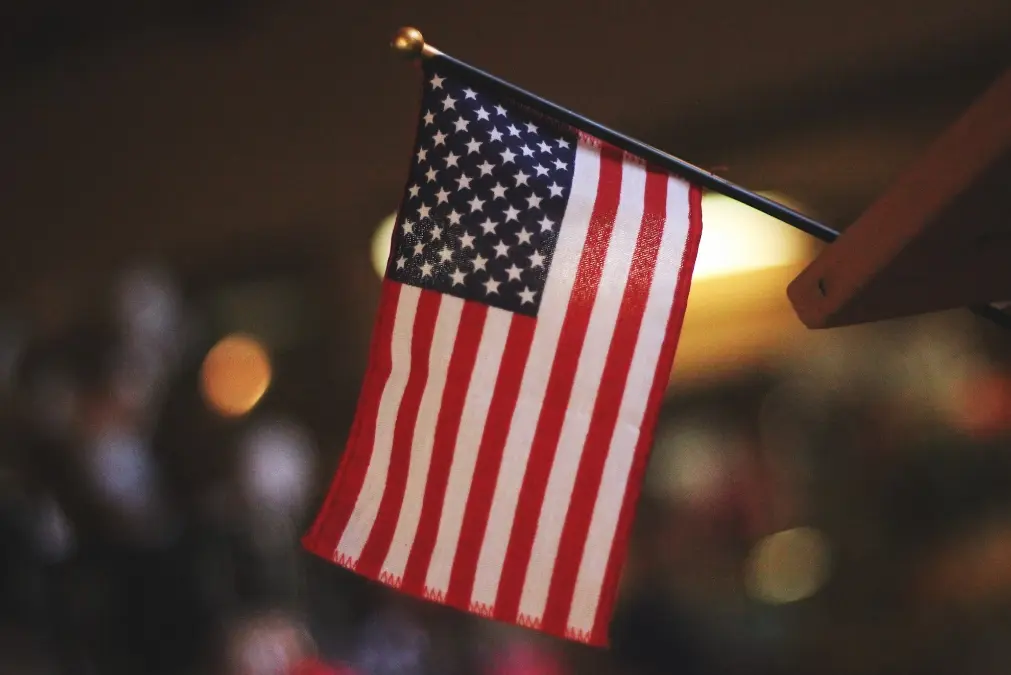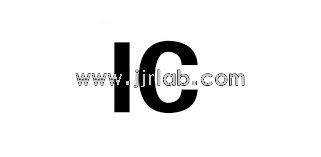
FCC Part 15 Testing Cost
The cost of applying for a certification from the US Federal Communications Commission (fcc) varies depending on the type of testing requiRED. As a front-end liaison in the market, I handle inquiries from hundreds of clients daily, with inquiries about FCC certification costs for electronic products being most common among North American exporters. However, I always stress that the total cost of FCC certification depends on the type of testing you require. To select the right test or FCC standard, you need to be familiar with the main forms of fcc testing to provide accurate pricing.
However, many clients simply want to know a single cost. The cost varies depending on the product type and testing type. The lowest FCC cost is approximately $400; however, if your device is equipped with radio frequency (RF) functionality, the certification costs will be higher, and the process will be more complex and time-consuming.
The overall pricing depends on the product category, whether it falls under fcc part 15B or Part 15C/E. For example, if the product is a simple electronic device without RF functionality, the cost for applying for fcc part 15b is approximately $800, and it takes 1 to 2 weeks for one sample.
fcc part 15 certification is one of the strictest testing types. Its purpose is to verify that your product's electromagnetic interference (EMI) emissions do not exceed FCC limits and to ensure that your electronic equipment complies with all necessary technical specifications and management requirements. Both unintentional radiators and intentional radiators are classified as Part 15 devices, including various products such as mechanical light switches, cash registers, coffee makers, computers, printers, telephones, Wi-Fi transmitters, and Bluetooth devices.
Another common testing category is fcc part 18 certification, which applies to products that provide RF energy for purposes other than telecommunications applications. Examples of these products include MICrowave ovens, fluorescent lamps, ballasts, arc welders, and medical diathermy equipment.
The process for obtaining FCC certification generally includes the following steps:
1. Submitting an application: You need to submit a certification application to the FCC, including product information and relevant documents.
2. Testing and evaluation: After submitting the application, you need to choose a qualified testing laboratory to conduct tests to ensure compliance with relevant standards.
3. Product declaration: After passing the tests, you need to declare your product to the FCC and submit relevant documentation, such as technical files and test reports.
4. Obtaining certification: If your product passes the review, you will receive FCC certification and can sell your product in the US market.
The specific process for obtaining FCC certification may vary depending on the type and scale of the product. It is recommended to consULt with relevant professional organizations before applying to ensure a smooth process.
Email:hello@jjrlab.com
Write your message here and send it to us
 Accelerated Ageing Test
Accelerated Ageing Test
 IP Ingress Protection Testing
IP Ingress Protection Testing
 How Does a Product Get an Energy Star Label
How Does a Product Get an Energy Star Label
 Is ROHS part of UL the same
Is ROHS part of UL the same
 What is Protection Class EN 60529?
What is Protection Class EN 60529?
 IP69 Certified Protection
IP69 Certified Protection
 California Energy Commission Testing Lab
California Energy Commission Testing Lab
 What Does the Canadian IC Mark Mean?
What Does the Canadian IC Mark Mean?
Leave us a message
24-hour online customer service at any time to respond, so that you worry!




